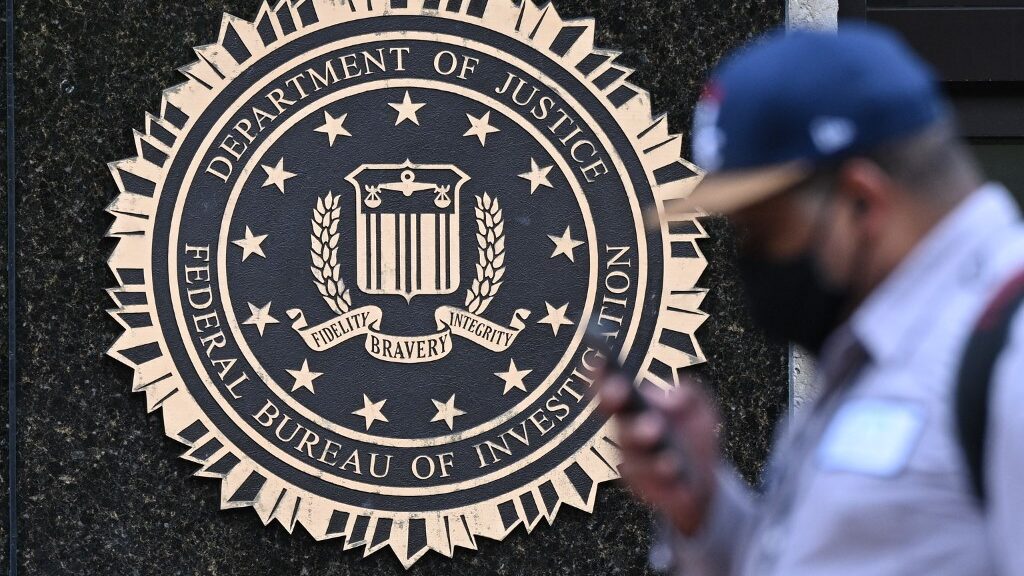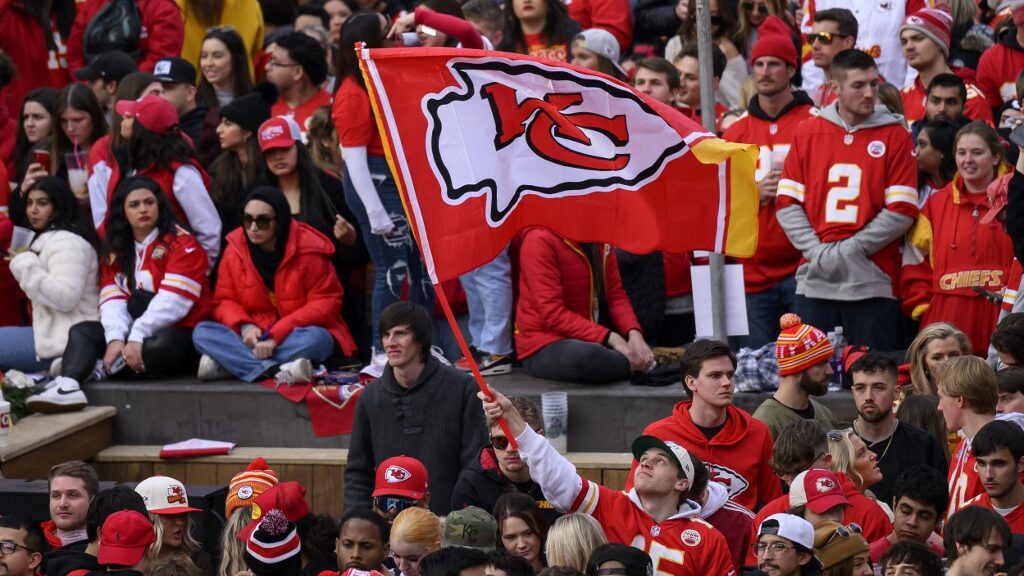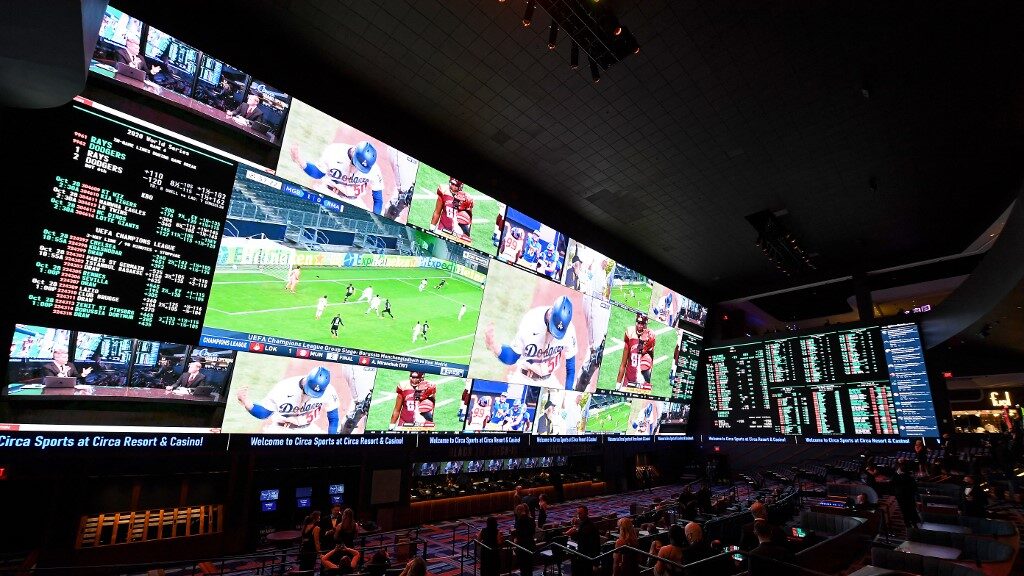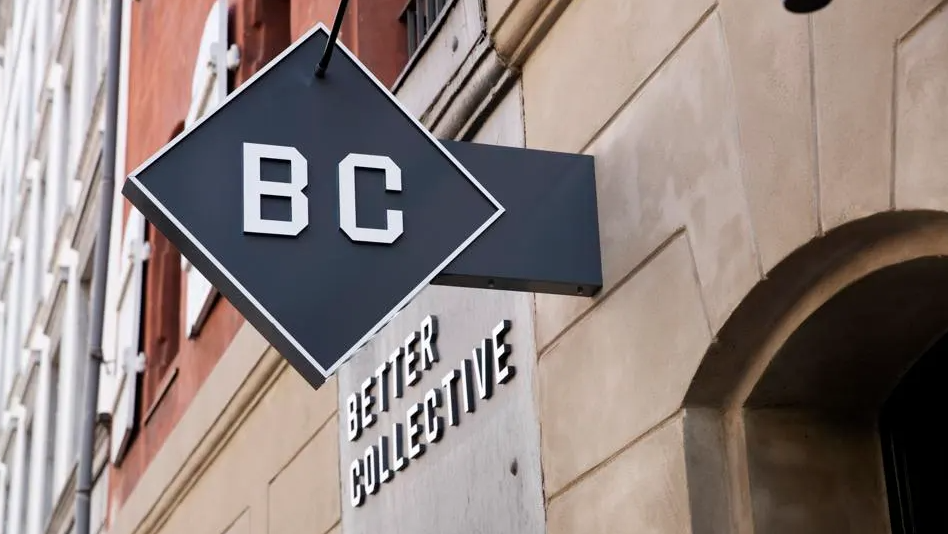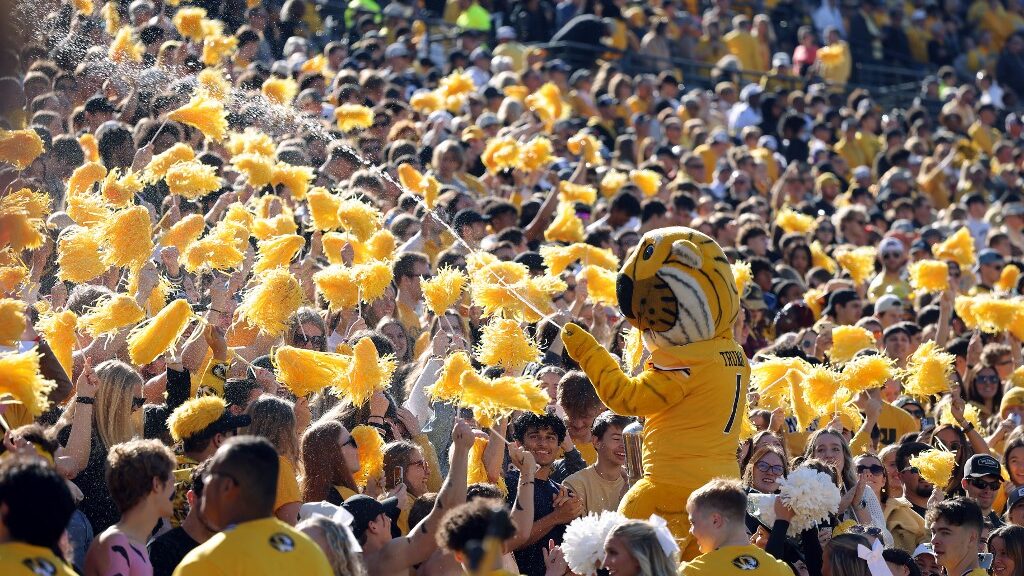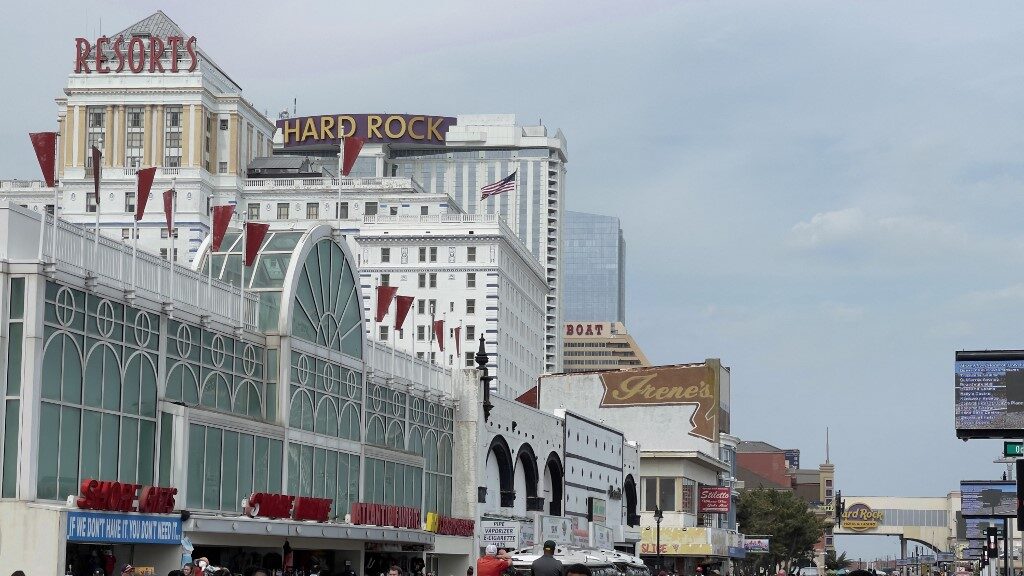
Twin bills from New Jersey’s House and Senate would ban the state’s sports betting operators from offering college player prop bets on their respective betting menus. The New Jersey Assembly’s Tourism, Gaming, and Arts Committee voted to advance the House’s version for further legislative consideration.
Block on College Player Props
New Jersey is among the latest of several states that are considering banning college player props or have already done so. House Bill A4905 was written to effectuate that end and is gaining traction in the legislature. A recent release by the New Jersey Assembly’s Tourism, Gaming, and Arts Committee is simply the latest hurdle to be cleared before the bill becomes law.
New Jersey is one of a handful of states that has banned sportsbooks from offering wagering on in-state schools. Any college outside of New Jersey is allowed on the sportsbook’s betting menus, but now the Garden State legislators want to take it one step further and ban sportsbooks operating within their boundaries from accepting “any wager on a player-specific proposition bet on any collegiate sport or athletic event.”
Democratic Assemblyman Sterley Stanley, A4905’s sponsor, released a statement following the committee vote to advance his legislation:
“As one of the first states to legalize sports gambling, I believe that it is our responsibility to ensure that we set the best example we possibly can for all others who wish to follow our lead. Even as a staunch supporter of the sports betting industry, I believe it is incumbent upon us to recognize the incredible pressures that college athletes face between their academic and athletic responsibilities. My legislation ensures that they do not have those pressures compounded by problem gamblers that have come to harass our college athletes when gamblers lose money on college player proposition bets.”
NCAA Approves
Charlie Baker, the former governor of Massachusetts and current president of the NCAA, has been an outspoken critic of college player props and has lobbied states throughout the nation to prohibit them. Naturally, the NCAA supports the movement in New Jersey to ban college player props, and Austin Meo, the assistant director of government relations for the NCAA, testified in front of the Assembly earlier this week.
“Sports betting is on the rise, and with it, so is the risk for college athletes, and there is no question they are getting harassed by bettors,” Meo said. “That threatens the integrity of the game, and it threatens the well-being of college athletes everywhere.”
Pushback
Licensed sportsbooks and other stakeholders that have a vested interest in generating as much money as possible from the sports betting industry in the Garden State have opposed the measure. The counterargument is that much, although not all, of the evidence of college athletes being harassed, is either anecdotal or the perpetrator of the harassment is not necessarily a disgruntled player prop bettor but could very well be an aggrieved fan with only an emotional, rather than financial, interest in the outcome.
The other aspect the opposition wants legislators to consider is how widespread the problem is. Lobbyist Bill Pascrell, of Princeton Public Affairs Group, told the Assembly committee earlier this week that there is “no proof or positive information” that allowing player props makes college athletes more susceptible to harassment than allowing betting on the games themselves.
“I know this bill has the best of intentions, but I think sometimes the roadway to hell is paved by the best of intentions, and I believe we should reconsider this issue, because I’m concerned about the explosion of the black market, and this will aid those in the black market,” Pascrell told the committee.


